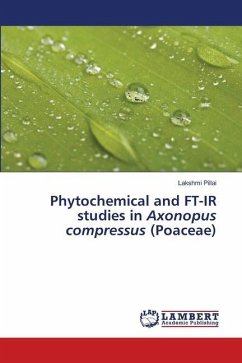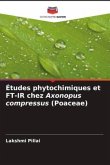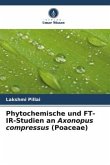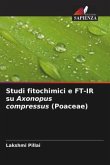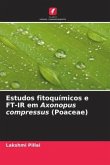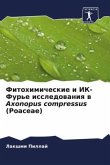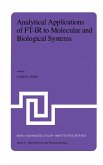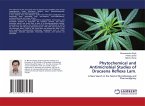The plant used for the present study Axonopus compressus, belongs to the family Poaceae. The whole plant was shade dried and ground to fine powder and subjected to organoleptic, fluorescent and physico-chemical analysis. The plant powder was subjected to Soxhlet extraction using methanol as the solvent. Phytochemical screening including Qualitative and Quantitative tests of the plant extract was done according to the standard biochemical procedures. Functional group analysis of the methanol extract was conducted using FT-IR spectroscopy. In organoleptic study the characteristic colour, odour, taste and nature of the plant powder was noted. In fluorescence analysis, on treatment with different solvents, colour changes could be noticed in the plant powder. The results of the physicochemical analysis provided important parameters in detecting adulteration or improper handling of drugs. Qualitative and quantitative analysis confirmed the presence of several important bioactive phytochemicals. The standard FT-IR studies revealed the presence of almost all groups including alcohols, phenols etc. The results of the present study identified novel phytochemical markers from this plant.
Bitte wählen Sie Ihr Anliegen aus.
Rechnungen
Retourenschein anfordern
Bestellstatus
Storno

